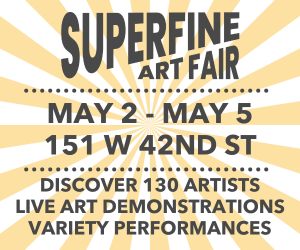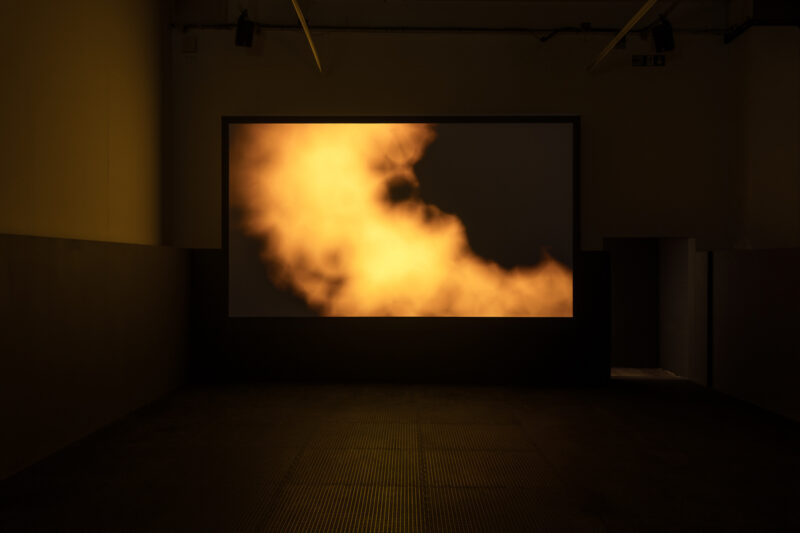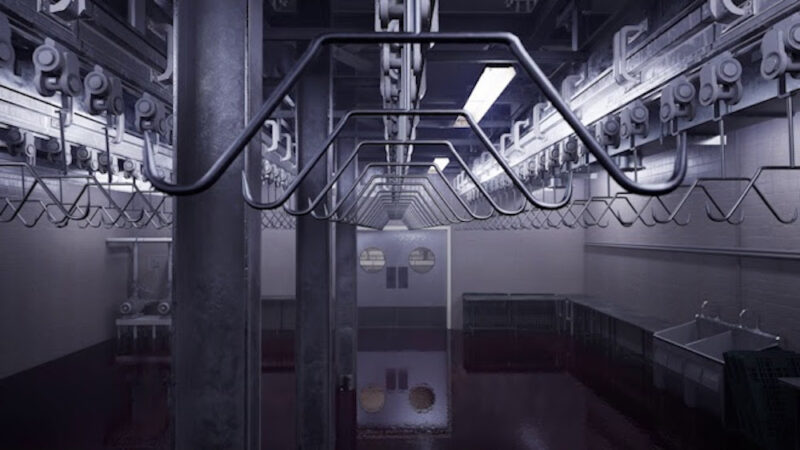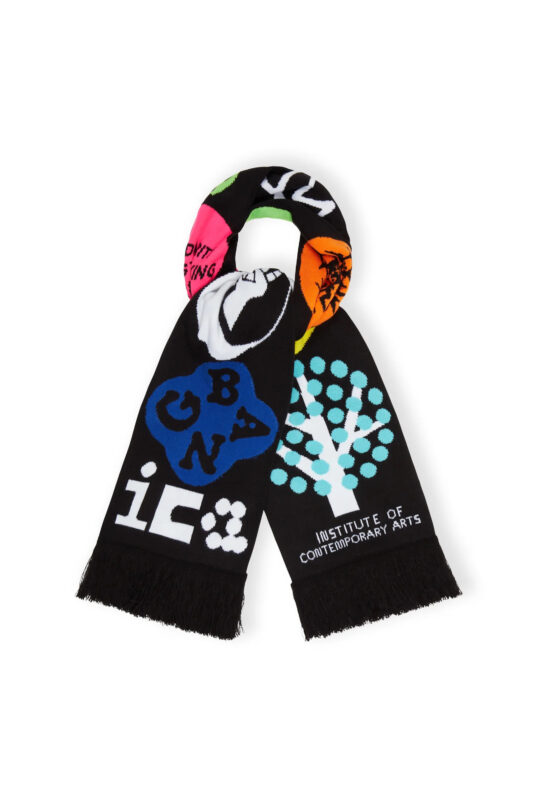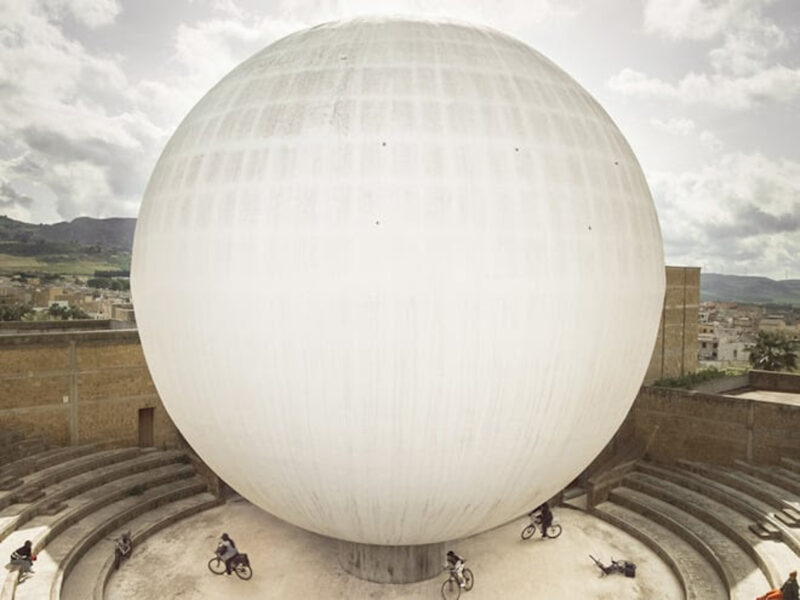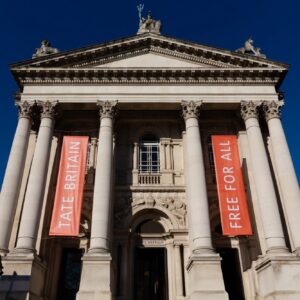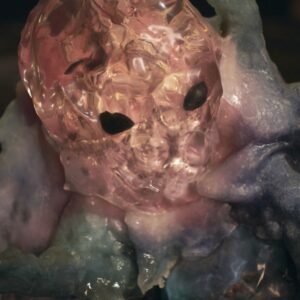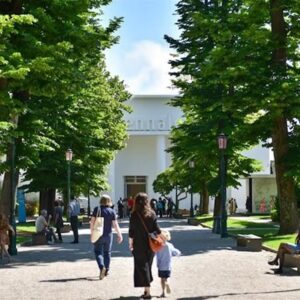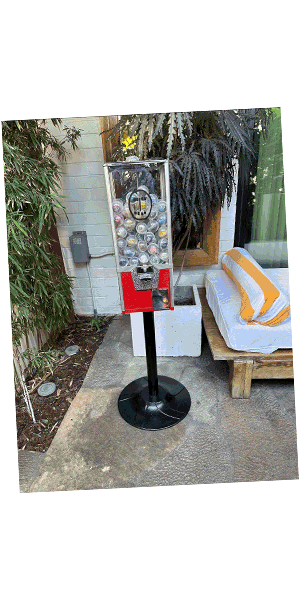This summer the Institute of Contemporary Arts, London (ICA) will stage the UK’s first exhibition of artist Rheim Alkadhi.
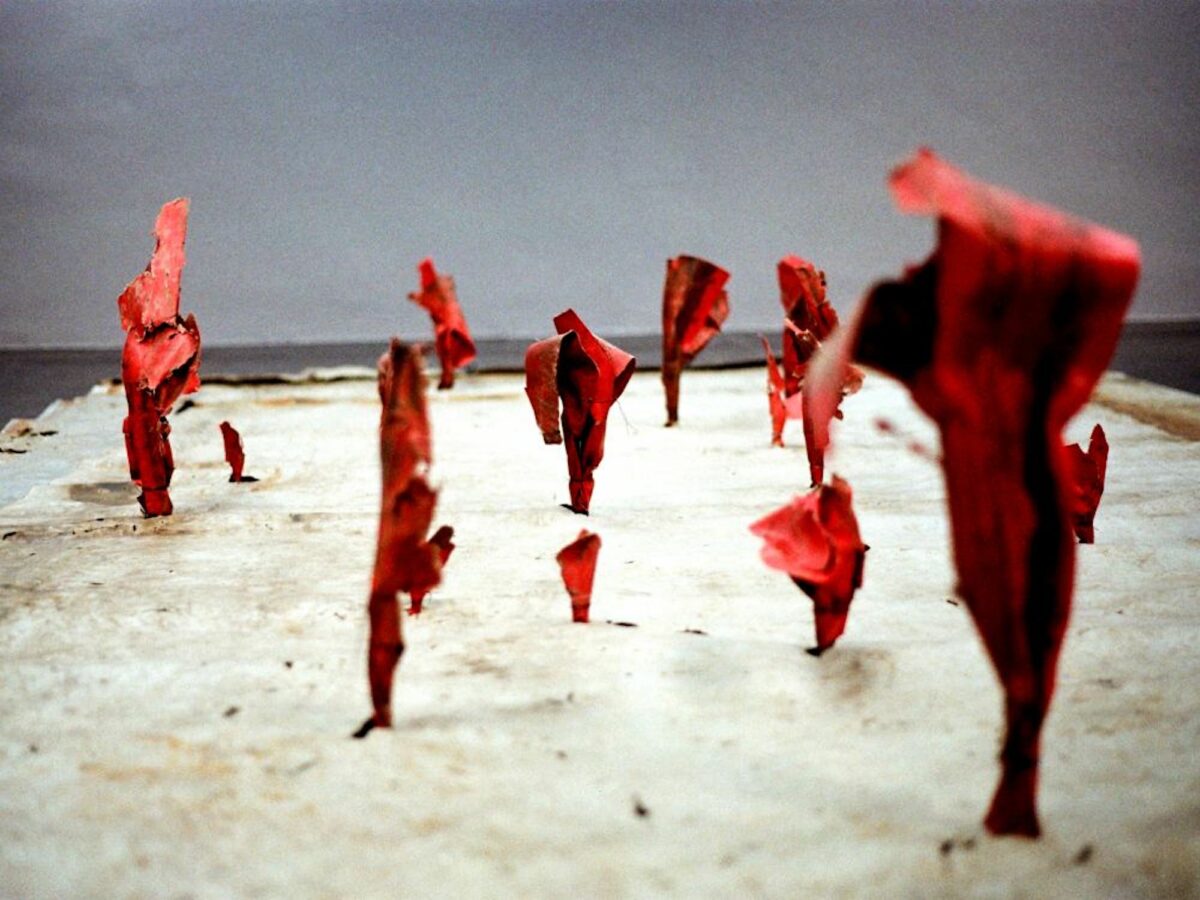
Addressing ongoing consequences of war and colonialism exemplified in present-day Iraq and the region at large, Templates for Liberation presents a sculptural installation, archival documentation and emancipatory counter-histories in image and text. The ICA’s main gallery will feature a series of newly commissioned sculptures fabricated from heavy-duty transport tarpaulins from cross-border industrial vehicles. Their surfaces bear the traces of their transnational passage; transformed into spatial forms at bodily scale, the sculptures reposition the material to create an opportunity for collective consideration. The adjacent reading room offers archival and speculative reference points for thinking about Iraq’s colonial borders, resource extraction and the practices of biometric categorisation that would exploit ethnic differences for decades to come. Alkadhi conceives of this exhibition as a material template for a set of liberatory encounters: to re-imagine global space—and our agency within our short-term inhabiting of it—proposing new ways of refusing the violence and injustice that characterises our times.
Rheim Alkadhi, Artist, says:
In these fields of wild unpredictability—the violence, the void, the unknown—our careful attention to each other is imperative, for we are teaching each other things.
— Transynchronic Rebel
Templates for Liberation is an extension of Alkadhi’s ongoing artistic engagement with the variable terrains and lived realities of West Asia and North Africa. The artist’s process-based practice thinks through materials on an intimate human scale within specific geopolitical contexts of displacement. At the ICA, sculptures made from tarpaulin, a material Alkadhi has long engaged, lie directly on the floor, unfurl in piles, line the walls and drape from the ceiling. Heavy-duty tarpaulins are petroleum-based, reliant on a thermoplastic obtained from residues from the refining of crude oil. Iraq, where the artist lived as a child, is the world’s fifth-largest oil and petroleum producer, and the industry has had devastating effects, igniting wars and leaving behind the pollutants that contribute to the country’s environmental collapse. The tarps in the exhibition have been salvaged from transport lorries, those that ubiquitously cross state and national borders with an ease denied to migrants criminalised at the same crossings. These ecological, political, and migratory conditions inform the work. Additionally, the material is physically recalcitrant, it can be reshaped, but only to a degree. The work we encounter in the gallery is a material study of an exchange between the artist, the material and the life the material has lived.
Alkadhi’s work is a brilliant combination of precise material engagement and an expansion of a material reality onto the overlapping histories and geopolitical contexts that inform our present. She approaches everything she does with an unflinching care; it has been inspiring to converse with her these many months and I’ve no doubt her installation will prompt equally inspired, and crucial, conversations.
Andrea Nitsche-Krupp, ICA Exhibitions Curator,
The adjacent gallery is transformed into a reading room entitled The Land and the People that sets the tone for a colonial context where place and people are enclosed by colonial borders. Representations of critical documents, correspondence and government agreements relate to the establishment of the modern-day political borders in Iraq, drawn by the British and French c. 1916–1923. The formation of these borders enabled the presence of foreign petrol companies, militarism and war, loss of arable land, and critical damage to the urban infrastructure and the unravelling of a diverse sociocultural fabric. Additionally, the early colonial lens on the people of Iraq is exemplified through the inclusion of a five-volume publication series begun in 1935, The Anthropology of Iraq which indexes anthropometric data, including comparative measurements of body parts, racialised categorisation and photographs of selected inhabitants identified only by number. The study, conducted by Henry Field, emphasises an enduring geopolitical link between Britain and the US in the region. Its data supplied Franklin D. Roosevelt’s top-secret ‘M’ project, designed to identify potential resettlement areas (‘M’ for migration) for the millions expected to be displaced by WWII to ‘under-populated’ regions in North Africa and the Middle East in the postwar period. The archival materials on view paint an insidious picture of the colonial effort to undermine unity among an indigenous population in order to divide and control.
Alongside these historic records, Alkadhi seeds another narrative: the presence of a speculative rebel element emerges within the reading room through images and documentation. Photographic portraits of these rebels reclaim representation, imagining countless unrecorded insurgencies by nonconforming women, racialised and ethnic minorities, workers, communists and others. The rebels exist outside of time, defy categorisation and bring an anti-colonial strategy into the present. In conjunction with the exhibition, the ICA is producing a publication that picks up nascent threads within the exhibition on the legacies of colonialism with contributions by Alkadhi, Ayreen Anastas and Rene Gabri, Kali Rubaii and Françoise Vergès, with an introduction by exhibition curator Andrea Nitsche-Krupp.
We are absolutely delighted to be able to present Rheim Alkadhi’s first UK exhibition at the ICA. Alkadhi’s practice embodies the kind of urgent engagement with the reality of our times through a unique artistic perspective we are proud to support.
Bengi Ünsal, ICA Director,
Rheim Alkadhi, Templates for Liberation, 11th June – 8th September 2024, ICA London
About the artist
Rheim Alkadhi is a visual artist who lives in Berlin, while working internationally. Alkadhi’s feminist practice involves extensive field research around migration, borders, imperialism, ecology and environmentalism, through intimate personal encounters.
Projects have been conducted in Palestine, Lebanon, Iraq, Jordan, Morocco and along Europe’s borders. Most recently, the solo exhibition Devastation on Your Beautiful Eyes (2022) was presented at Beirut Art Center. Prior to that, the installation Speak, Then, Material Witness, in the Medium of Rebellion! (2022) was presented as ‘embodied curriculum’ for area schools at Kunstverein Uelzen. Alkadhi was a Guggenheim fellow (2020), and a fellow of the artistic research consortium, Künstlerische Forschung- Berlin (2020/2021). A field study on migrant passage via the island of Lesvos is presented in the film Arrival Points (2021), which has been included in festivals and exhibitions. The artist’s monograph Majnoon Field Guide (Archive Books, 2023) comprises the projects and writings of the past few years.
